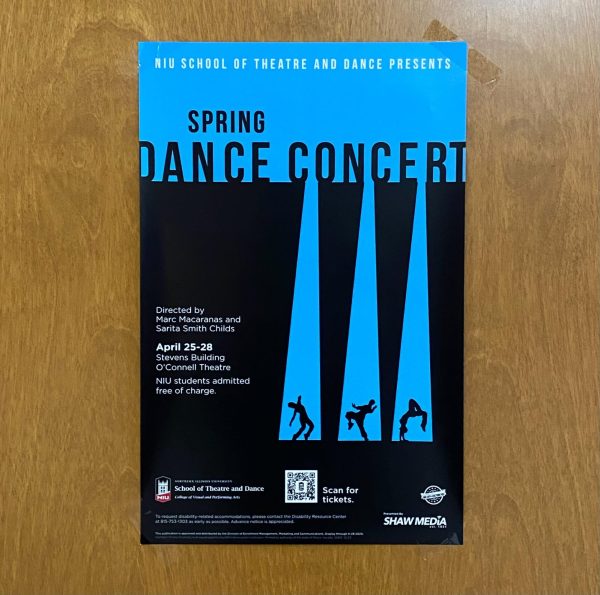Bench prompts student thought
May 4, 2017
A mysterious bench has been hiding amid the overgrown grass in Eco Park near Regent Drive since it was built in the 1980s. Even now, most students remain unaware of the bench’s origin or meaning.
Designed by Steven Beyer in 1981, the sculpture is titled “The Six Questions,” and as the name suggests, has six questions carved onto its surface. At first glance, the questions seem incomplete, but they are designed to reveal truths about how different individuals value their needs.
Beyer intended the questions to be based on the hierarchy of human needs developed by psychologist Abraham Maslow, according to an article published by The Harvard Crimson in 1981. Maslow’s Hierarchy consists of six sections: physiological, safety, emotional, respect of others, self-fulfillment and search of knowledge and beauty. Each one of the six questions relates to these needs.
Do you need a bath?
Physiological needs deal with the basic need of physical survival, the first thing that motivates behavior, according to a 2007 article by Simply Psychology. Ths includes a person’s need for food, water, warmth and rest. The question specifically relates to an individual’s need to be clean and healthy.
Sophomore communication major Lexi Cednick said she found the question hard to understand without knowing the context.
“I would like to have a bath for relaxation purposes,” Cednick said. “But no, I think I smell OK; thanks for asking.”
Are you going home?
When the safety need is satisfied, an individual feels safe and secure where they are. They are protected from the natural world and are free from any perceived fears. College students experience fear or uncertainty on many subjects, including financial stability and being away from home.
“If you consider a dorm a home, then no, I’m not,” Cednick said.
Do you cry?
Emotional needs include the need to feel loved, to belong and to form relationships. Maslow concluded individuals cry when their emotional needs are not satisfied.
“Oh my god, yes, I do,” Cednick said. “My life is a river of tears, like that Justin Timberlake song.”
Have you been introduced?
Introductions are the first step to every relationship, in which people form first impressions and create friendships. The need for respect encompasses several factors: self-esteem, independence, achievement and success. The question relates to an individual’s desire, or lack thereof, to form lasting and meaningful relationships.
Junior communication major Jim Jakubosky answered no to this question. Jakubosky said he was very confused by the question and didn’t know how to answer properly because it’s an odd thing to ask.
What is your next move?
Self-fulfillment or actualization needs are completed by realizing one’s potential and demonstrating hard work to achieve goals, according to an article by Changingminds.org. College students are encouraged to think ahead and use their creativity and talents.
Cednick said she doesn’t visualize things in the long-term sense and prefers to live her life in the moment.
“To go home and watch ‘The Office,’ ” Cednick said. “I don’t do much else besides watch TV and go to class.”
Do you know the facts?
The search for knowledge and beauty is lifelong and includes exploring and understanding the world. People must learn to appreciate the beauty that surrounds them and to be in constant pursuit of knowledge, according to a 2013 BBC News article. College students are continually challenged in school and encouraged to constantly better themselves.
Jakubosky said he didn’t know how to answer this one but thought of a fun fact.
“I know the fact that Friday increases the happiness around the world by 11 percent,” said Jakubosky.













